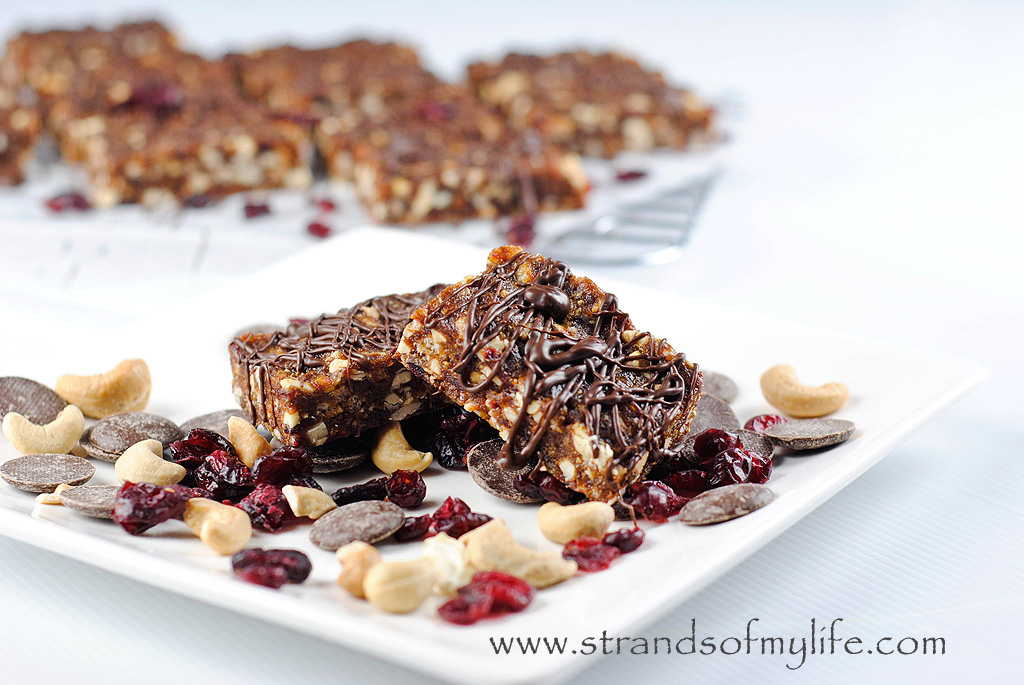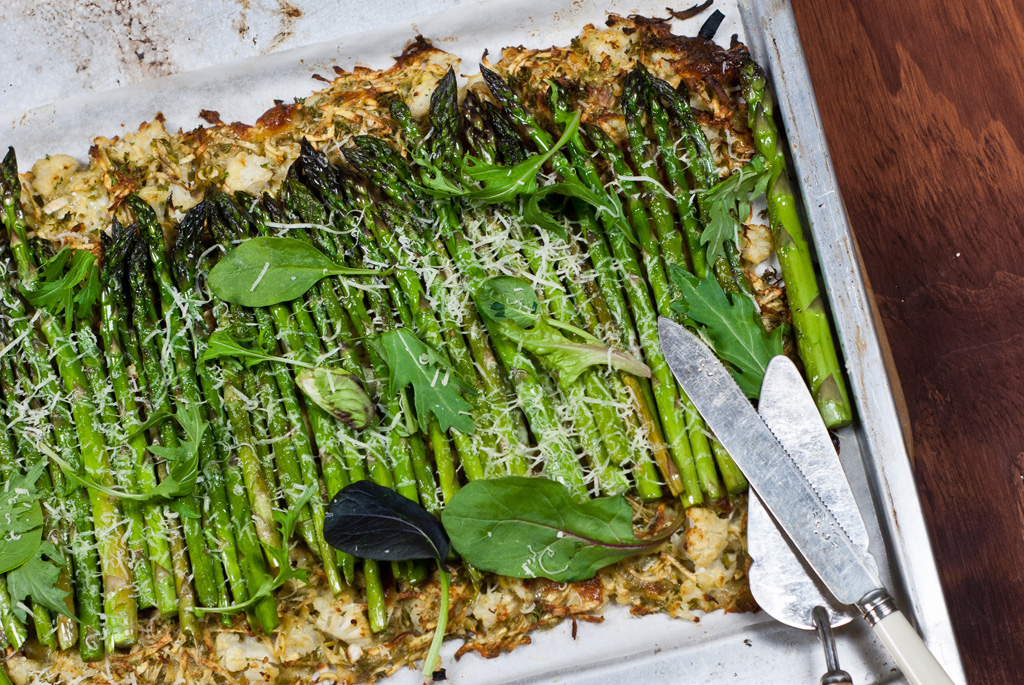
This follows directly on from my first article: “8 signs of FODMAP intolerance” found here. I thought I would explain a little more in depth why they are the symptoms of irritable bowel syndrome and low FODMAP intolerance. For an explanation of the FODMAPs, see my Low FODMAPs page here.
1. Food equals bloating
FODMAPs like fructose should be absorbed through the lining of the small intestine, but when an individual has difficulty doing this, the fructose continues on down to the large intestine where it is treated as a foreign substance which causes the bacteria there to go to town. This results in bloating, diarrhoea or constipation, as well as flatulence and stomach pain as a result of muscle spasms. Intolerance to any or all of the FODMAPs will result in the same symptoms.
2. Healthy food seems to aggravate the problem.
For most people, including the ‘experts’, healthy food means fruit, vegetables, beans and whole grains (although the Paleo world would disagree with the last one). All three of those can be problematic for those with an intolerance to any or all of the FODMAPs. All fruits and vegetables contain fructose and many contain fructans and polyols, which can cause us folk problems. Some are lower in these substances than others and so can be tolerated in small helpings. Whole grains, in particular wheat, rye and barley, are high in fructans while beans contain fructans and GOS (galacto-oligosaccharides) – these are not at all good for us.
3. You are lactose intolerant but…
Not all of those with FODMAP problems are lactose intolerant. In fact, I have no problem with dairy products, thank goodness. But it is logical to try eliminating them if you have digestive issues because lactose intolerance is well-known. This may or may not help depending on whether dairy is if fact an issue for you. I tried and it made no difference. But let’s say you do see a difference but it hasn’t solved the problem. That is because it is only one of the issues involved. Check out the other FODMAPS here. One or all of them could be the culprits.
4. You can’t identify the culprit(s)
I spent most of my adult life trying to find a solution to my bloating etc. I tried many elimination diets of the commonly known culprits like dairy and wheat but none of them gave me an aha moment. I would then continue on with life and try to ignore the issue until something would prompt me to try again. Decades of frustration with no internet to Google for answers. No food blogs, dedicated to food intolerances. No information anywhere to help me. I envy those of you who have been born into this world governed by the internet. The answers are out there if you dig long and deep enough. No amount of digging was ever going to give me my answers before the internet was born because even the doctors didn’t know about FODMAPs. That leads me on to the next point. But first I will briefly address the issue of the same food being a problem in the afternoon but not in the morning. FODMAPS accumulate in the body until they are released through going to the toilet. You will feel much better after a toilet visit and that’s why. You have zeroed out the bad guys and can start accumulating again. So it’s a delicate balancing act to keep the FODMAPs low enough in the digestive system to avoid the bloating and yet high enough to get the nutrition you need to survive. Not an easy one but it can be done.
5. Doctors don’t help
I can’t tell you how many doctors I have seen over the years. In the last few years, I have changed doctors half a dozen times, always hoping that the next one would listen long enough to my symptoms to see that this was not a simple food intolerance. But they didn’t. Right across the board they told me I had irritable bowel syndrome and to eat more fibre, fruit and vegetables. I would tell them that I already ate heaps of fibre, fruit and vegetables but usually by then my time would be up and they would give me a prescription for a fibre supplement. I did try some of the supplements and my symptoms would worsen. The problem is that FODMAP intolerance is not well-known and doctors do very little nutritional training so are far from the experts we expect them to be as far as nutrition is concerned. And not one of them referred me to a nutritionist, who would naturally be more up-to-date on the latest developments in their field. I did eventually go to one a few years back but she thought I had diverticulosis and gave me a diet for that. It helped a bit but not really.
6. You have a love/hate relationship with the toilet
Most people with irritable bowel syndrome and/or a FODMAP problem either have diarrhoea or constipation. Diarrhoea is caused either by too much liquid entering the bowel or by food moving too fast through the bowel and there is no time for the normal drying out process to take place or the drying out mechanism could be hindered by inflammation of the colon. Constipation is caused either by too little liquid or by too much drying-out because the contents of the bowel are moving too slowly or because you haven’t gone to the toilet as soon as you feel the urge.
7. You feel better after going to the toilet
This was explained above. When you zero out the FODMAPs, there is nothing to disturb your intestines so you feel great – for a while.
8. Your digestive system rules your life
Of course, this rules your life. I have always wondered what it would be like to not have to constantly think about this issue and how it would impact on each of my decisions in life. I know now because I have it under control – finally. I seldom worry about toilets any longer but must always be aware of what goes into my mouth. If I suffer or not is now up to me. Not to fate.
I hope this has answered some of your questions. If not, ask in the comments or email me through my contact page. I will continue this dialogue next week. There is much to be discussed.

The 8 Symptoms of FODMAP intolerance explained
So what foods can I eat on a low FODMAP diet?
Irritable Bowel Syndrome and the Missed Moments of my Life
Chocolate and Stress? Contributors to Irritable Bowel Syndrome?
Three Mistakes you’re probably still making on the low FODMAP diet


